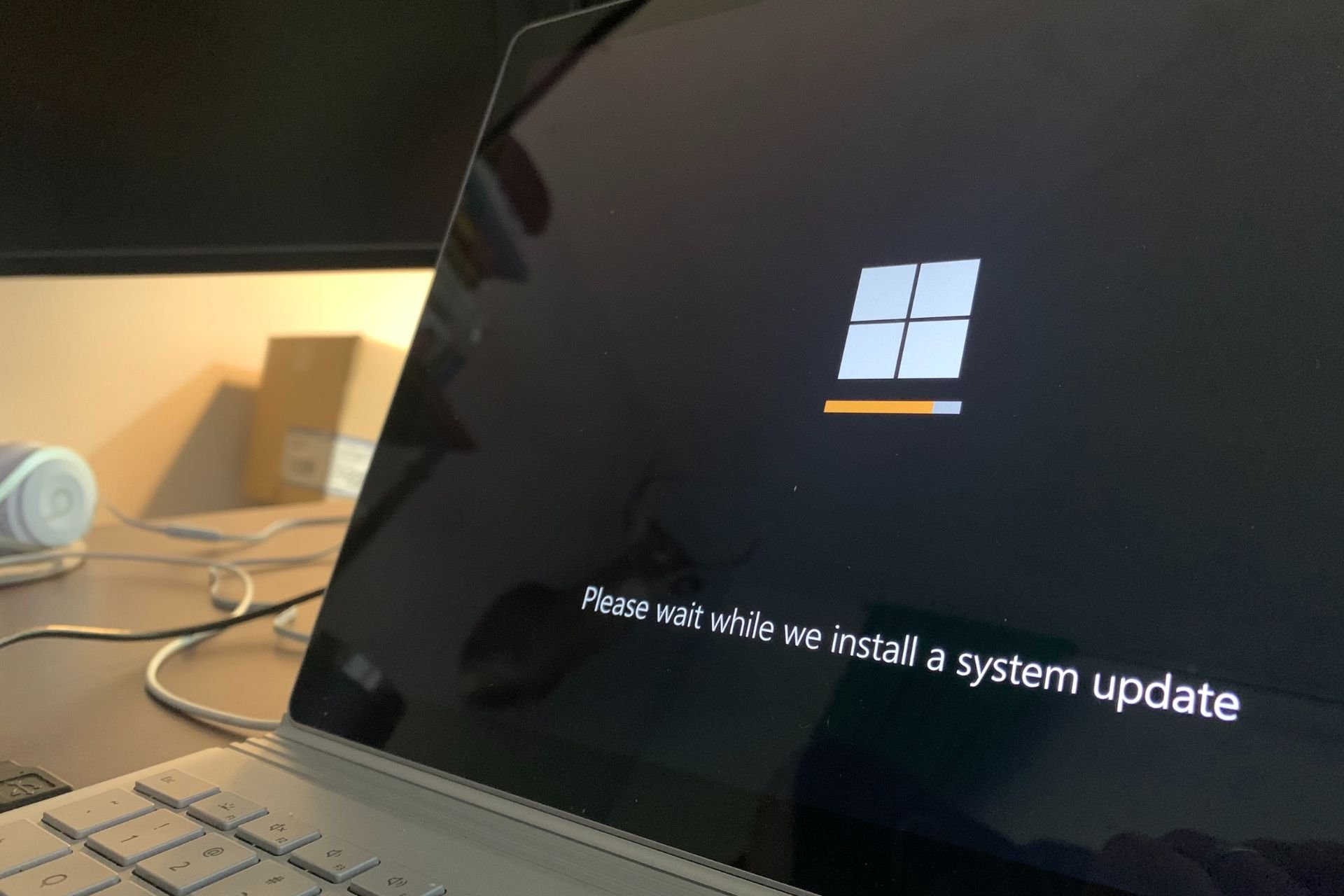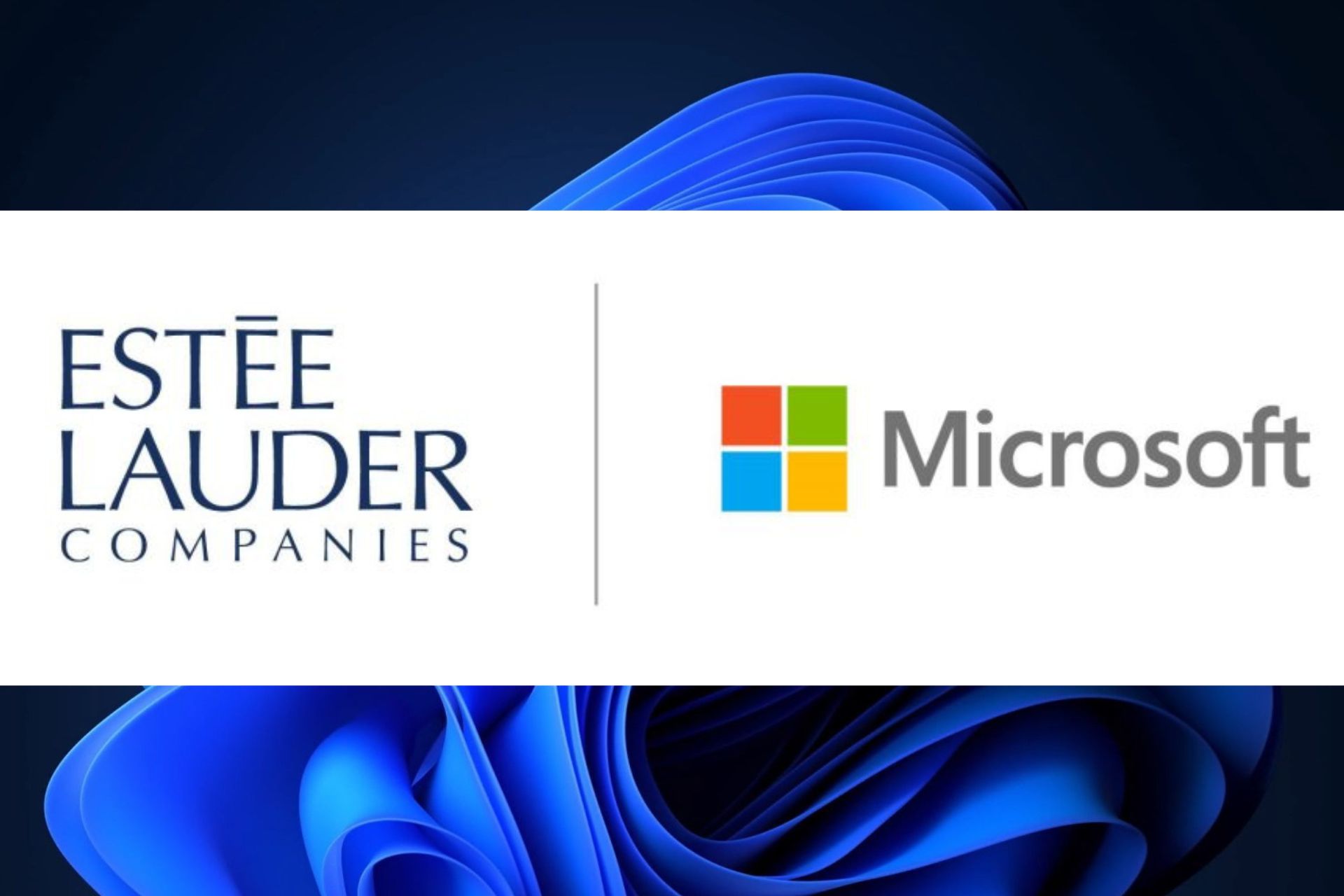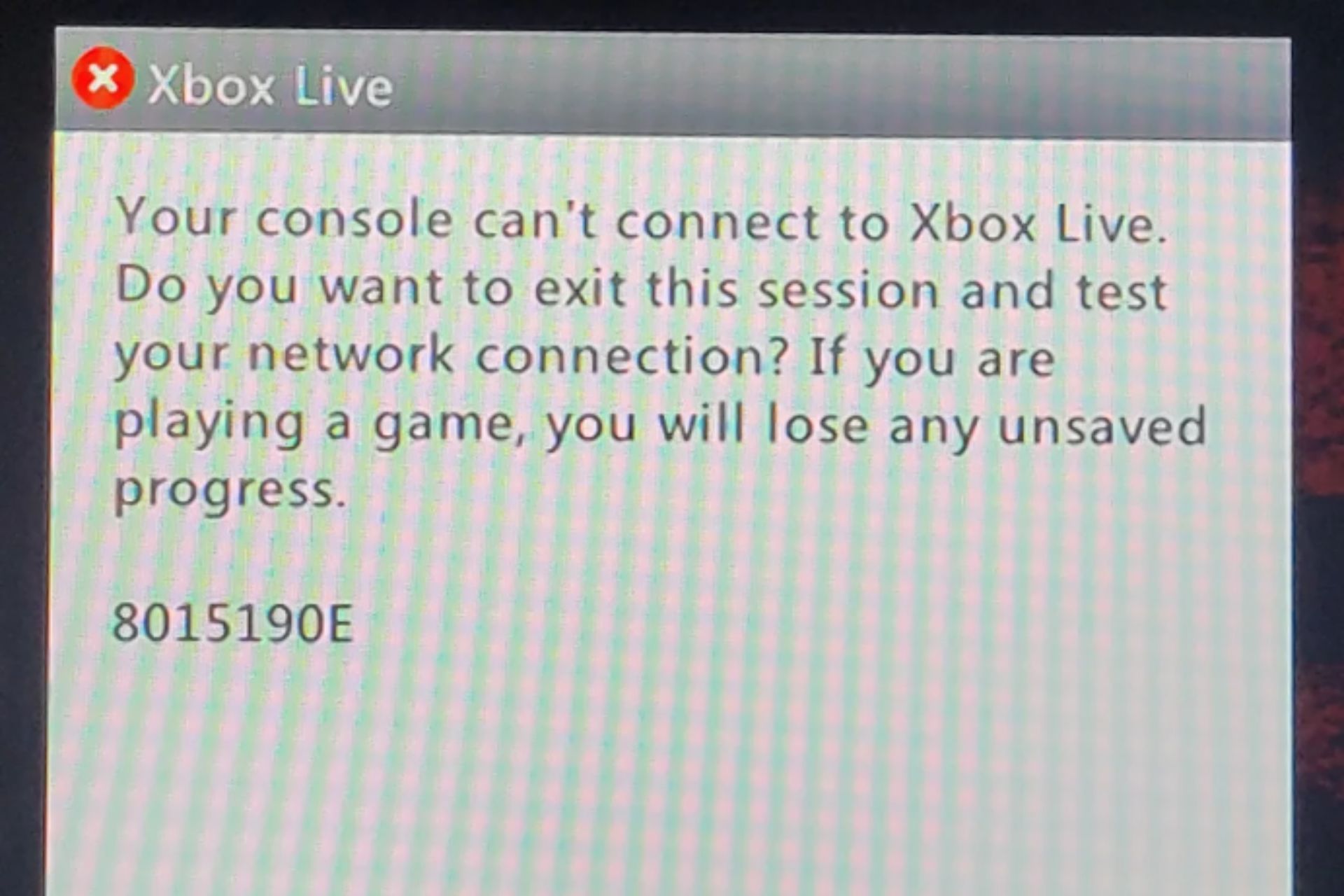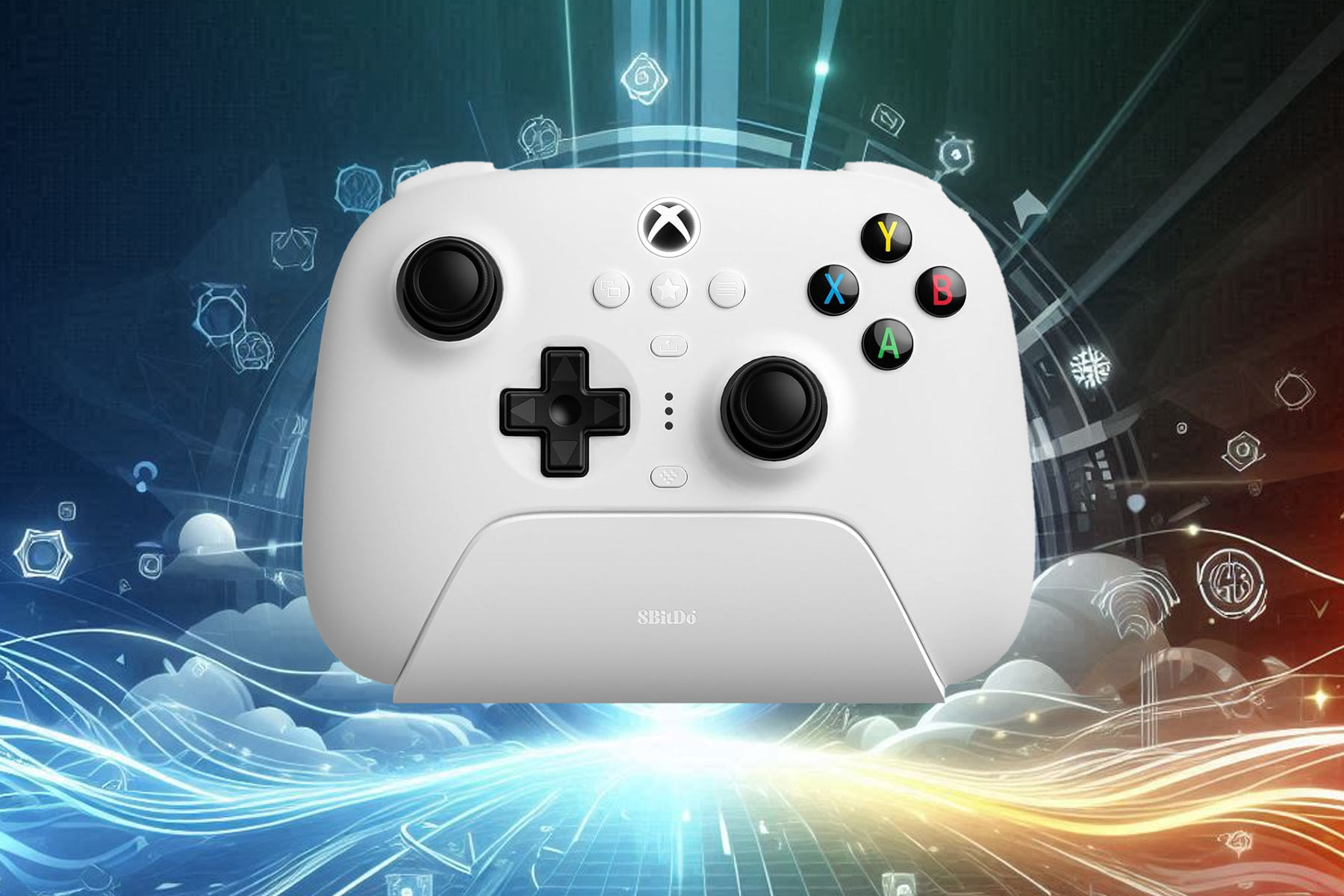Bad news for legacy CPU owners: Windows 11 can't run on old CPUs anymore
CPUs made before 2010 are most affected
2 min. read
Published on
Read our disclosure page to find out how can you help Windows Report sustain the editorial team Read more
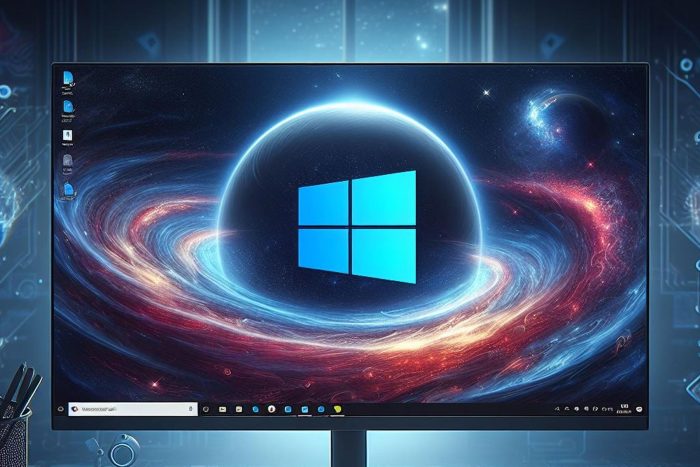
Windows 11 came with a new set of requirements, mostly in the CPU department, and while it was possible to circumvent these requirements, that might not be the case anymore.
Keen users have noticed that newer builds or Windows 11 aren’t working on older CPUs. This can be a problem for some users on legacy hardware, so here’s what you should know.
Windows 11 won’t work on legacy CPUs, here’s what you should know
Newer builds of Windows often come with various issues, and we recently wrote about 24H2 Build 26052 installation issues, GSOD, and Sysprep problems. This isn’t the only problem since rolling back from Build 26052 can cause data loss.
Users on Reddit reported that since Windows 11 Build 25905, the system isn’t booting if the CPU lacks POPCNT instructions.
Users also managed to find a list of files that require POPCNT instruction, and as you can see, the list includes many essential system files.
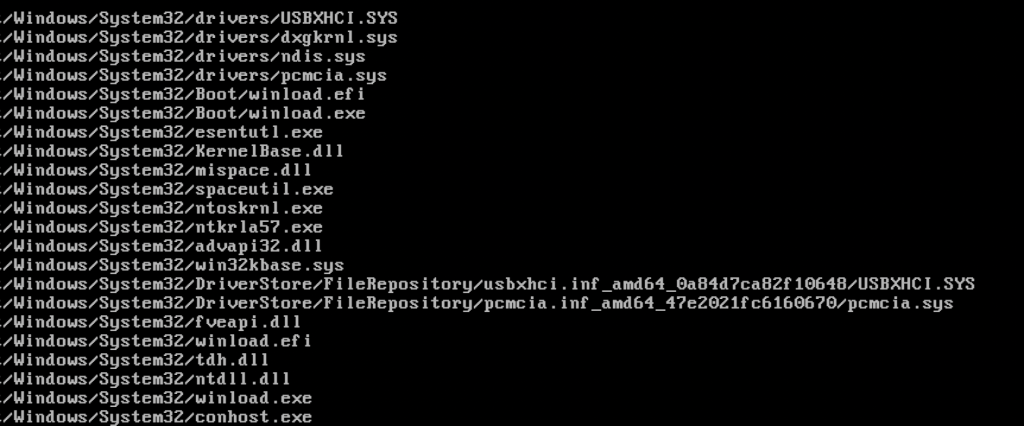
Although this sounds daunting, it’s important to note that these are all older CPUs that aren’t officially supported by Windows 11. A few users pointed out exactly what models are affected:
You need a relatively old CPU that doesn’t have SSE4….
It requires a CPU with SSE4a (AMD Barcelona or newer) or SSE4.2 (Intel Nehalem or newer). So even later Core 2 CPUs (Penryn) won’t work because they max out at SSE4.1.
Note that these are CPUs that are more than a decade old, and some even don’t support Windows 10.
Yes just as I said. Relatively old CPUs which are not at all supported even with Windows 10.
Only affects unsupported PCs made before 2010 basically. Surprisingly there’s still some unofficially unsupported Windows 11 users hanging onto their old PCs from 2007.
As you can see, while this issue is serious, it only affects older and unsupported CPUs. Microsoft already stated that it can’t guarantee compatibility with legacy hardware, so issues like these are expected.
Many are still using older CPUs with Windows 11, and if you want to ensure that there are no compatibility issues, there’s a tool that checks if your CPU is compatible with Windows 11 24H2, so you might want to try it.

